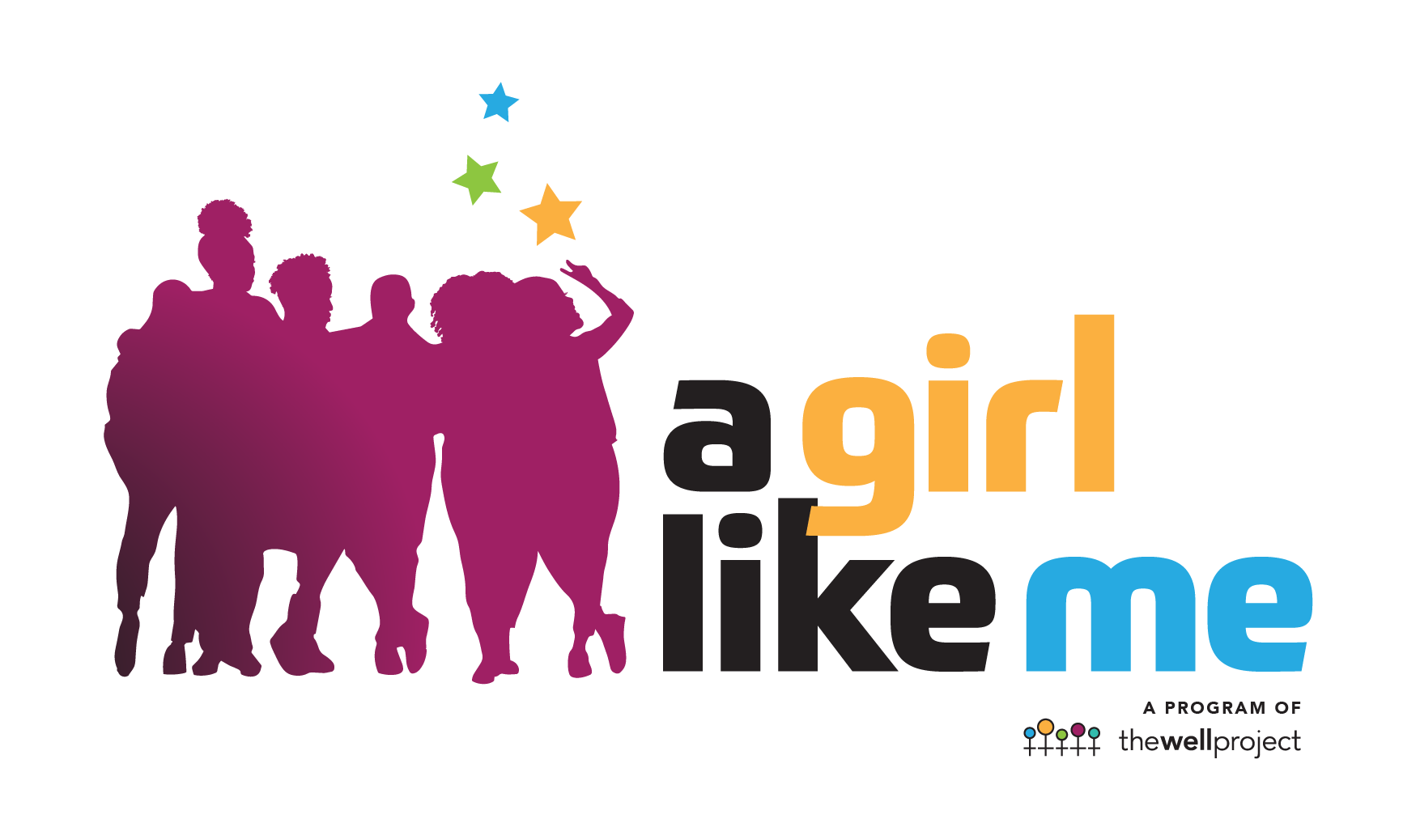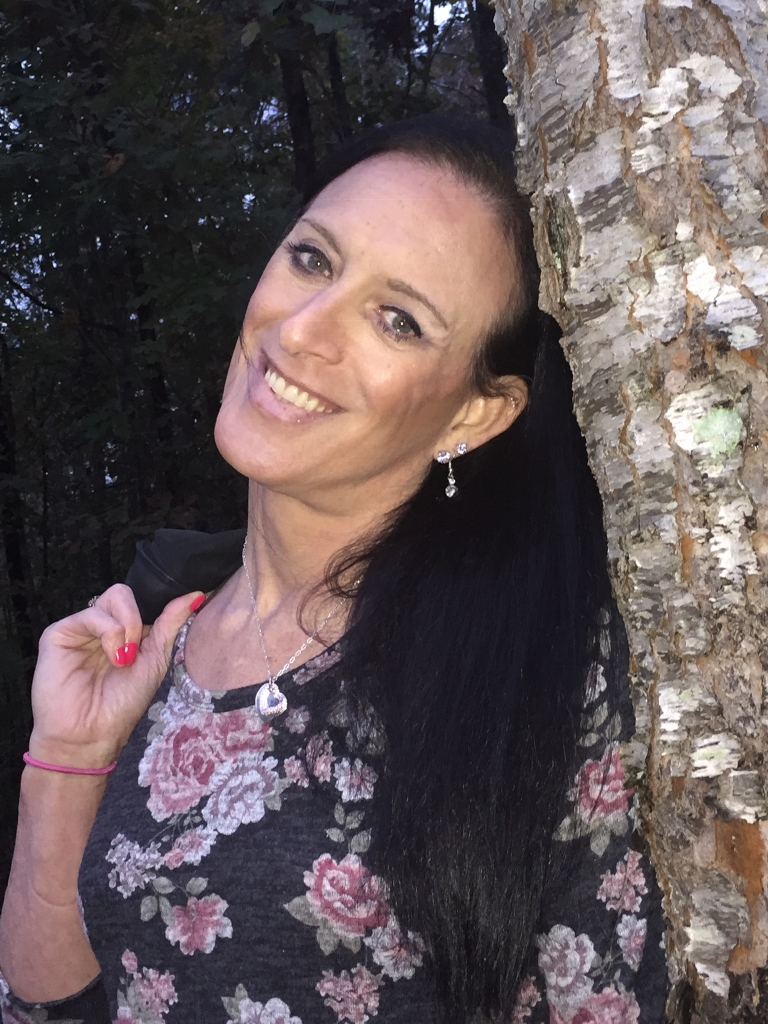I remember being in the seventh grade living on Cape Cod in the early 80's, and the fear of AIDS that gripped society at the time. Stigma was a monster in those days, greater than the Boogeyman under your bed, just being perceived as gay meant that you had the deadly disease and thus a danger to all who came in contact with you. I was in middle school in Bourne at the time, and having a deep southern accent didn't make me very popular. I was teased and bullied relentlessly; one of their favorite names they loved to call me was "FarmAIDS". This was the first year of Willie Nelson's Farm Aid benefit concert and they borrowed the term to torment me since, in their minds, everyone who lived in the south grew up on a farm and connecting you with AIDS was effectively the same as calling you gay.
AIDS really was a killer in those days; that much we knew. A diagnosis (unless you were really lucky) was a certain death certificate, there was no real treatment, no way to stem its progression, and no way to escape its conclusion. It was the most frightening thing anyone knew of at the time. Very little was actually known about it, we thought it was just a "gay disease" that only afflicted the gay community, so anyone who wasn't gay was safe. The disinformation was staggering and meant to cause fear of the disease and the LGBTQ community, and it was effective, AIDS gripped the entire nation in terror throughout the 80's.
The 90's were a totally different story in my memory. HIV/AIDS was largely forgotten about, swept under the rug by a general public that wanted to forget, advancements were made in treatment, antiretroviral drugs were introduced for the first time, and the government began to recognize and address the importance of the issue, but the public largely chose to forget about the epidemic. As a result, the epidemic grew. This is what happens when you choose to ignore an issue. At the same time, the 90's also later gave us the first decline in HIV infections due to the progression of antiretroviral drugs. But one thing that didn't change was the stigma, HIV was becoming treatable yet the stigma of the 80's remained.
I was diagnosed in June of 2000 and all of a sudden AIDS had become real to me. I just knew I was looking at certain death, and my doctors felt the same way. "If I were you I would get my affairs in order, I'd give you one to five years." That's what my doctor told me, talk about a sobering statement if there ever was one. A couple weeks later he dropped me as a patient. I chose to tell my family, and why not, I thought they deserved to know why I was going to die. I later came to regret that decision, as in many families, telling one is the same as telling a hundred, and the word spread quickly. Most of the family was supportive but some family members began to avoid me or refused to hug me. Meanwhile, at church, I came to find out that some members of the congregation, all of whom I had known for years, petitioned the pastor to ask me to leave. When he refused, they left. I watched my church that was full and vibrant dwindle down to only family members, so I left. After I left the church it grew once again, so I never went back. Before I knew it my neighbors had found out about my diagnosis, and how did they respond? They forbade their children from playing with mine. This broke my heart to no end, my children were teased and bullied at school and I felt to blame.
This is just some of the stigma that I've endured. What can you do? You can't change or control people, so how do you overcome stigma? I used to tell my kids, "If you want to change the world, then begin with yourself. You're the only one that you can change, but others will follow."
The first place to fight stigma is within yourself. Self-stigma is as dangerous as any other or even more so. The fear of intimacy and contact with others, the self-blame for lax sexual practices and poor decisions, and the shame of living with a stigmatized condition can take its toll on us. So how do we overcome self-stigma? It starts with self-empowerment, getting treatment, taking our medications as prescribed, keeping our doctor appointments and being a proactive participant in our medical care. Doing this can lead to an undetectable status, and maintaining an undetectable status for six months or more makes one untransmittable (unable to spread the virus). For myself, just learning the fact that undetectable equals untransmittable lifted a mountain of self-stigma from my shoulders and changed my life. By educating ourselves about the facts of HIV in the modern era we learn that HIV is no longer the death sentence that it was in the 80's, we learn that HIV is now just a chronic illness like diabetes or COPD, easily manageable with medication with a full life expectancy. Learning these facts dispels the fear we knew during the early years of the epidemic.
The next step to combating self-stigma is through the support of community. It's important to find others who share the experience of living with HIV. No one better understands the challenges and costs of the condition, there's wisdom to be learned from their experience and comfort in their fellowship. It's good to find a local support group to join, but if there's not one in your area then there are many online communities that are awesome, and if you're interested in advocacy there's a very large community of HIV advocates who share a familial bond. Getting involved in advocacy can boost self-esteem by helping to benefit the lives of others, plugs you into highly beneficial resources and offers guidance from influential, inspirational people.
Overcoming self-stigma can be a journey, but today we have science that didn't exist in the 80's. The fear that once defined the disease is no longer relevant. Fear that was grounded in hopelessness is now replaced with modern medications that suppress the virus and prolongs life. The virus is now successfully controlled through treatment, and we know that adherence to treatment can make the virus untransmittable. Modern science has altered the realities of HIV. The knowledge of these facts gives us a freedom not known in the 80's, the 90's or even the last decade…. we have the freedom to be human again. These modern facts change the landscape of HIV for both the positive and negative alike. HIV may not yet be curable, but we have the next best thing, we can suppress and prevent transmission. The 80's are officially dead and gone, the facts have changed. Stigma that is rooted in the fear and ignorance of the 80's is no longer relevant, it's an antiquated response of a bygone era, and once we learn this, stigma loses its power.























Thank you Maria
Thank you so much Maria, that really means so very much to me!!